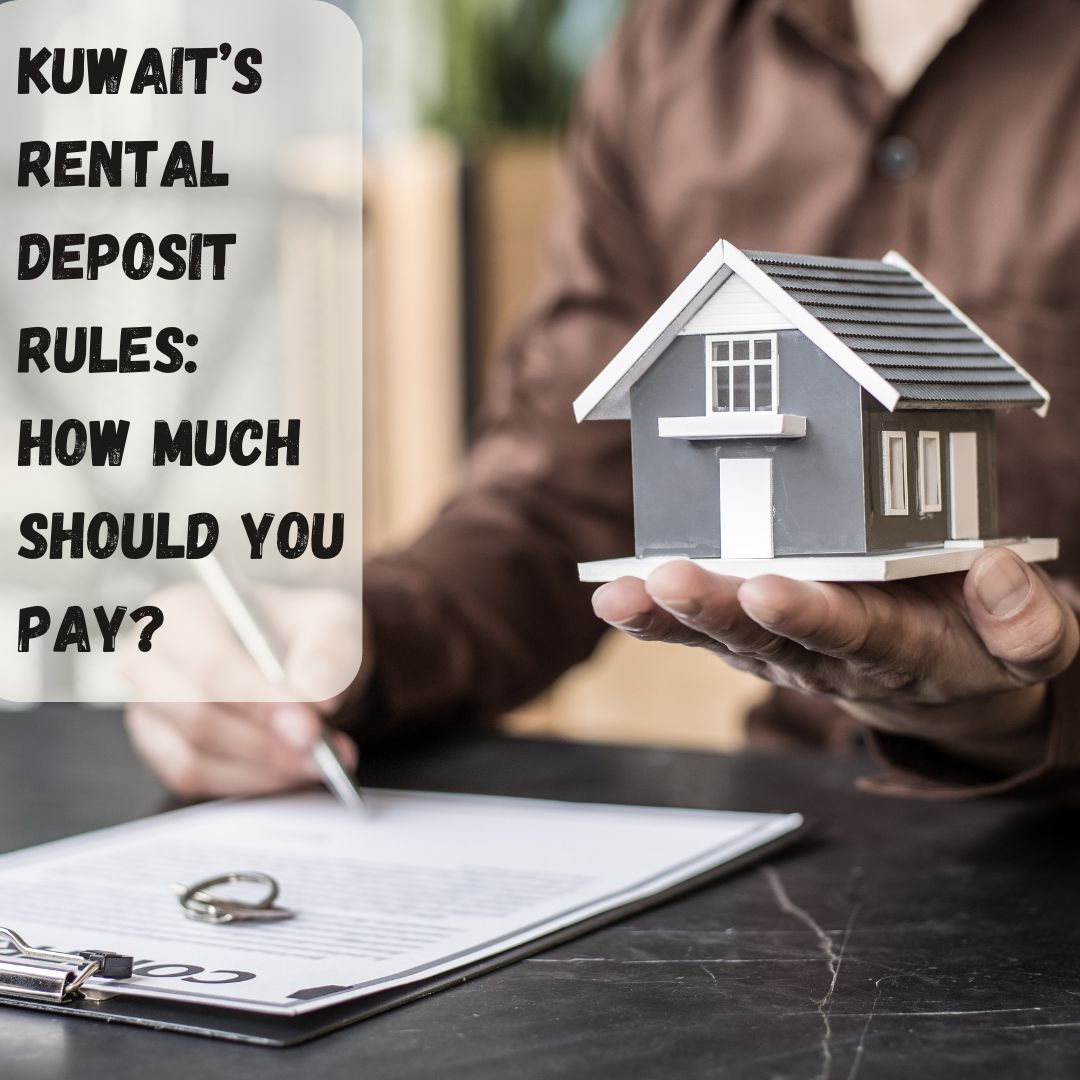Renting a property in Kuwait comes with several financial considerations, and one of the most important aspects tenants should be aware of is the rental deposit. Whether you are an expat or a local resident, understanding Kuwait’s rental deposit rules can help you avoid unexpected expenses and ensure a smooth renting experience.

What is a Rental Deposit?
A rental deposit, also known as a security deposit, is an amount paid upfront by the tenant to the landlord as a form of financial protection. It is held throughout the lease period and is typically refundable at the end of the contract, provided that there are no damages to the property or outstanding dues.
How Much is the Rental Deposit in Kuwait?
In Kuwait, rental deposit amounts vary based on the type of property and landlord preferences. However, the general practice is:
One to Two Months' Rent: Most landlords request a deposit equivalent to one or two months' rent. This is standard for both apartments and villas.
Furnished vs. Unfurnished Units: For fully furnished properties, landlords may ask for a higher deposit to cover potential damage to furniture and appliances.
High-End Properties: Luxury apartments or villas may require deposits that exceed two months’ rent, depending on the lease agreement.
Legal Considerations for Tenants
While Kuwait’s rental laws provide some level of tenant protection, it is essential to keep the following in mind:
Deposit Agreement: Ensure that the deposit amount and refund terms are clearly stated in your rental contract.
Receipt of Payment: Always request a receipt for your deposit payment as proof in case of disputes.
Property Condition Documentation: Before moving in, take photos and document the property’s condition to avoid disputes when claiming your deposit later.
Landlord Responsibilities: If the property is returned in good condition, landlords are expected to refund the deposit without unnecessary delays.
When and How is the Deposit Refunded?
Upon lease termination, the landlord should inspect the property for damages or unpaid bills.
If no deductions are necessary, the deposit should be refunded within a reasonable period, typically within 30 days.
If there are damages beyond normal wear and tear, the landlord may deduct repair costs from the deposit before refunding the balance.
Common Issues with Rental Deposits in Kuwait
Some tenants face difficulties in getting their deposit refunded. Common issues include:
Unjustified Deductions: Some landlords may withhold part of the deposit for minor wear and tear, which is not legally justified.
Delays in Refund: Some tenants experience delays in getting their deposit back, which can be frustrating.
Verbal Agreements: Deposits agreed upon verbally rather than in writing can lead to disputes.
Tips to Ensure a Smooth Deposit Refund
Sign a Well-Defined Lease Agreement: Ensure the deposit terms are written clearly in the lease.
Keep Records: Maintain copies of receipts, lease agreements, and any correspondence with the landlord.
Communicate in Advance: Inform your landlord in writing about your move-out date and request an inspection.
Leave the Property in Good Condition: Clean and repair minor damages before vacating the premises.
Understanding Kuwait’s rental deposit rules can help tenants avoid unnecessary financial burdens and ensure a hassle-free rental experience. Always clarify deposit terms before signing a lease, keep proper documentation, and maintain good communication with your landlord to secure a fair and timely refund.


